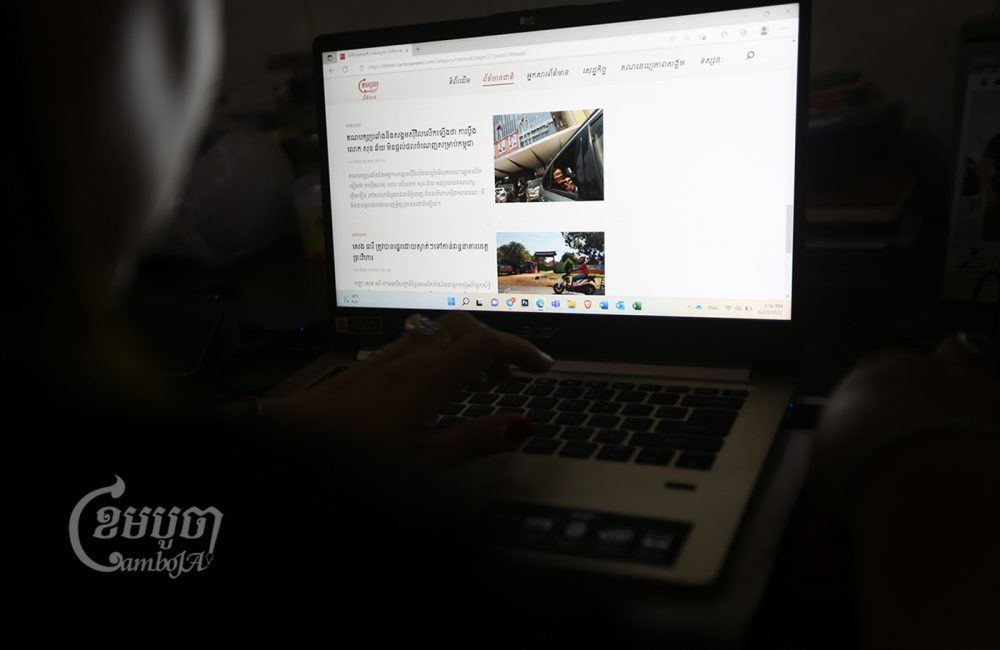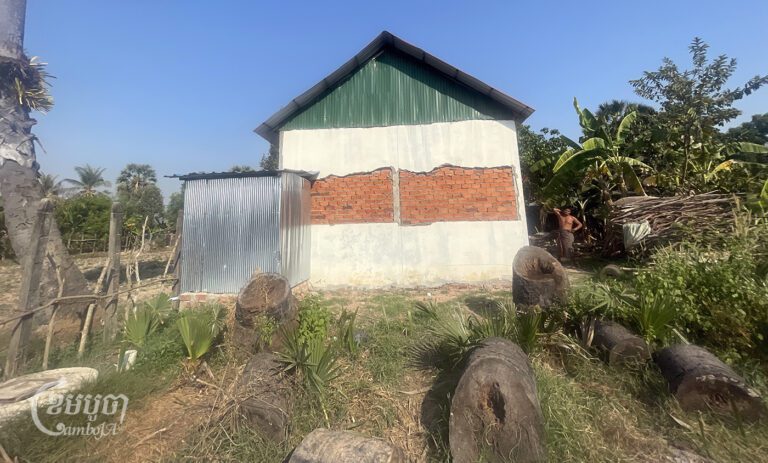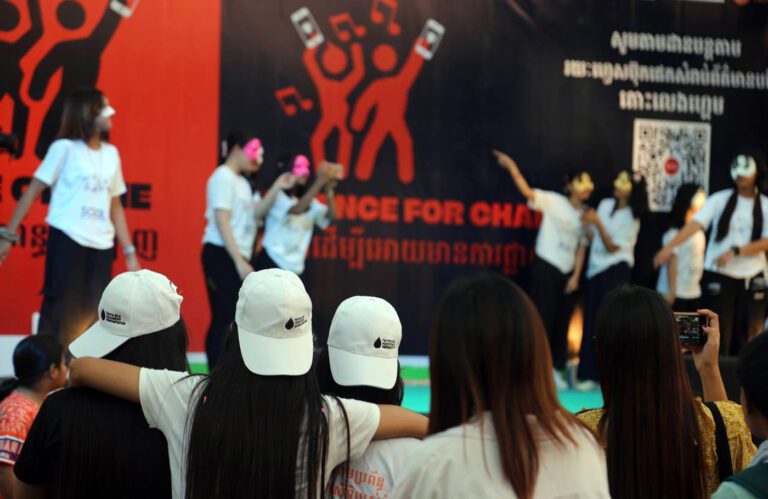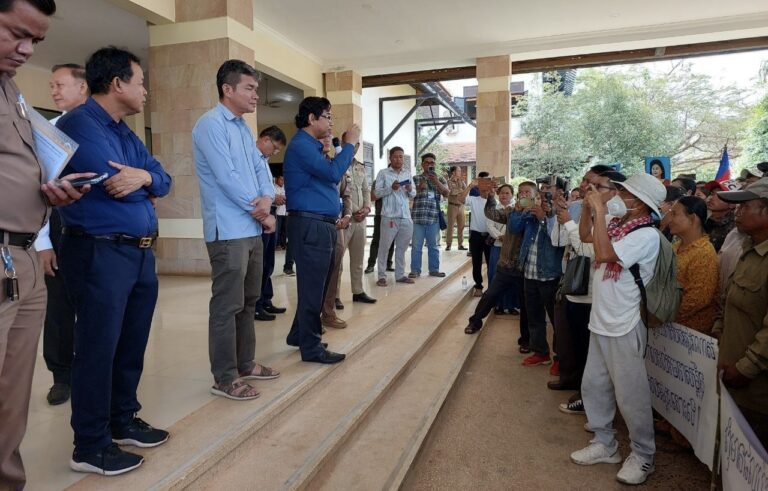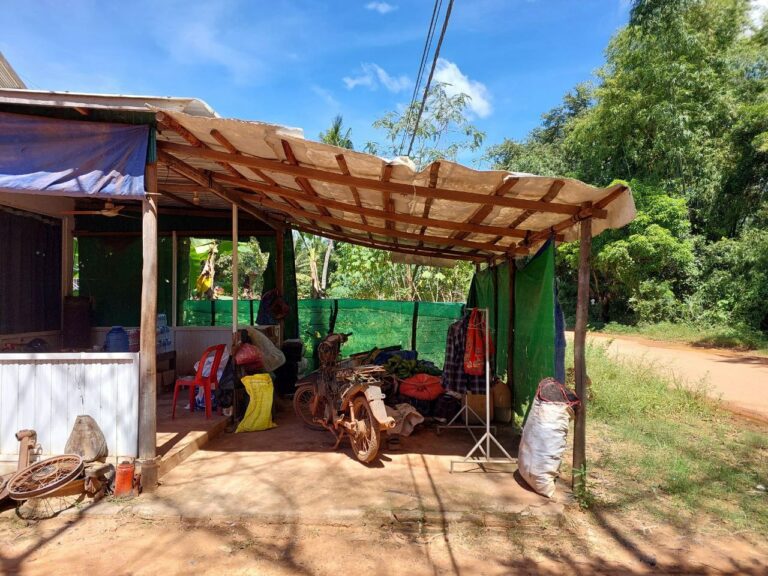Coming from a rural ethnic community in Ratanakiri province, 21-year-old Roman Sreynorn said she had never been taught how to distinguish real news from fake news — or what is known as Digital Literacy. Because of this, she said, she’s been guilty of sometimes sharing misinformation unintentionally.
‘’I used to share fake news online since I started using Facebook. It was hard to not believe because the news looks so real,” she said. ‘’But later, I found it is fake. That makes me a bit guilty.’’
Sreynorn, who is now majoring in accounting at a university in Phnom Penh and is originally from the Jarai community, said despite using digital platforms for almost four years, she still finds it hard to distinguish between the truth and fake news.
‘’I think that misinformation can have negative impacts on people’s decisions or put them at risk,” she said.
But government and civil society groups are trying to tackle this problem.
A two-day consultation workshop was held in Phnom Penh last week and attended by government and NGOs, who discussed the National Media, Information and Digital Literacy (MIDL) Competency Framework, which is being developed by UNESCO in partnership with the Ministry of Posts and Telecommunications.
The Ministry told CamboJA that before completing the initial draft of the framework, it is obtaining feedback and suggestions from various stakeholders and conducting additional research. After further discussion with other ministries, it will then be submitted for approval.
“It will benefit the Cambodian people, particularly those who are using digital tools. As technology is changing rapidly, we need to make sure that Cambodian citizens can use digital tools in a safe and responsible manner and are able to communicate and interact with the government and business effectively,” the ministry said.
Ung Bun Y, head of the Department of Media and Communication at Royal University of Phnom Penh, told CamboJA that digital literacy is crucial for the technological world we live in, with much of daily life now taking place online.
‘’Moreover, as a global citizen, you need digital skills to effectively communicate, collaborate, learn and produce knowledge, create and share content, and much more,” he said.
Only 30 percent of Cambodians, according to Chea Vandeth, Minister of Posts and Telecommunications, have basic digital literacy.
‘’This huge gap is a crucial problem and possibly can prevent people from taking advantage of new technologies and digital public services in the future,” Vandeth said, adding that the Cambodian government had a long-term plan of creating a thriving digital economy.
Mikel Aguirre Idiaquez, project officer of UNESCO Cambodia, told CamboJA that the framework under discussion aimed to help all citizens to take advantage of new technologies, access and share information, and effectively participate in the public discourse.
It first seeks to define what Media, Information, and Digital Literacy are in the context of Cambodia, he said, and then identifies which sets of skills, abilities, and knowledge need to be promoted in the country.
‘’The framework will help the government, private sector, educational institutions… NGOs, and the media develop training materials, content, and awareness-raising materials,” said Idiaquez.


